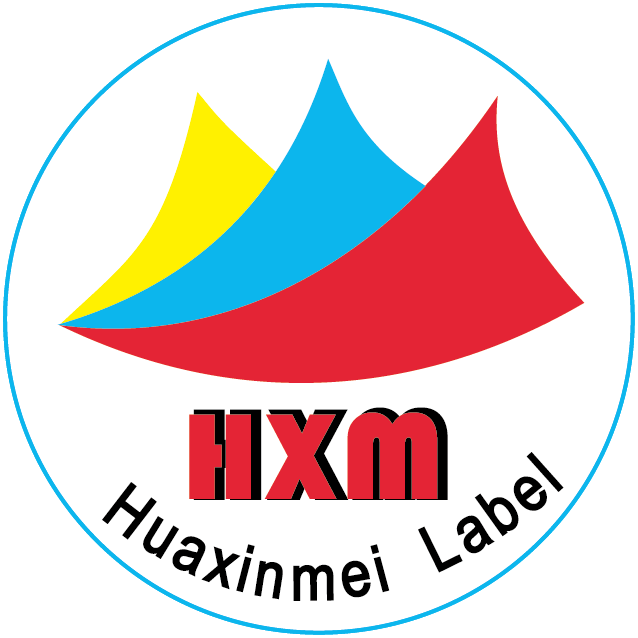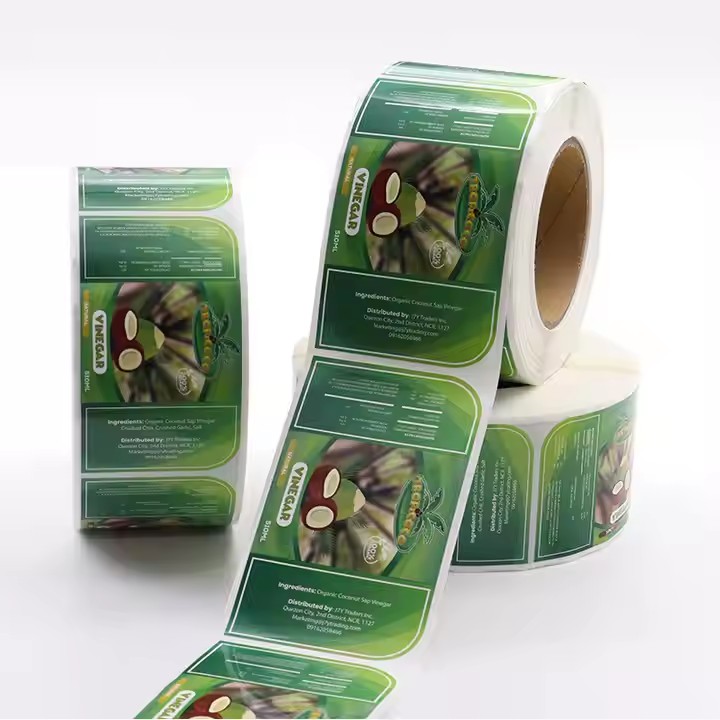Enhancing Product Differentiation and Competitive Advantage
Firstly, based on product uniqueness, wholesalers can utilize OEM/ODM custom labels to visually distinguish their products from similar items in the market. For example, in the fiercely competitive cosmetics market, wholesalers can create labels with unique design styles, such as vintage, modern minimalist, or anime-inspired themes, to capture the attention of specific consumer groups. This distinctive label design can help products stand out on retail shelves, allowing wholesalers to rise above numerous competitors. The greatest advantage of ODM is that designers can create trendy and fashionable label packaging that meets market demands, encouraging more consumers to purchase the products. Since label packaging is crucial for products, the design must incorporate current popular elements to maximize visibility and influence, leading to increased consumer engagement.

Meeting Diverse Customer Needs
Different retailers across various regions and channels may have specific requirements for product labels. By using OEM/ODM custom labels, wholesalers can flexibly adjust label content and design to meet the personalized needs of retailers. For instance, some retailers may prefer labels that showcase more product usage scenarios, while others may focus on detailed ingredient listings. Wholesalers can customize different labels based on these needs, enhancing customer satisfaction.
Flexibility in Brand Building
For wholesalers looking to establish their own brands, OEM/ODM custom labels serve as excellent tools for brand development. The design of label packaging can maximize the presentation of product benefits and brand tone, making it easier for consumers to remember the product. Wholesalers can gradually introduce their brand elements—such as name, logo, and philosophy—on the labels. For instance, a wholesaler entering the home goods market could emphasize the concept of “comfortable living” on the custom labels, using a simple yet elegant logo. As the products gain market traction, this approach helps to gradually build brand recognition and reputation.
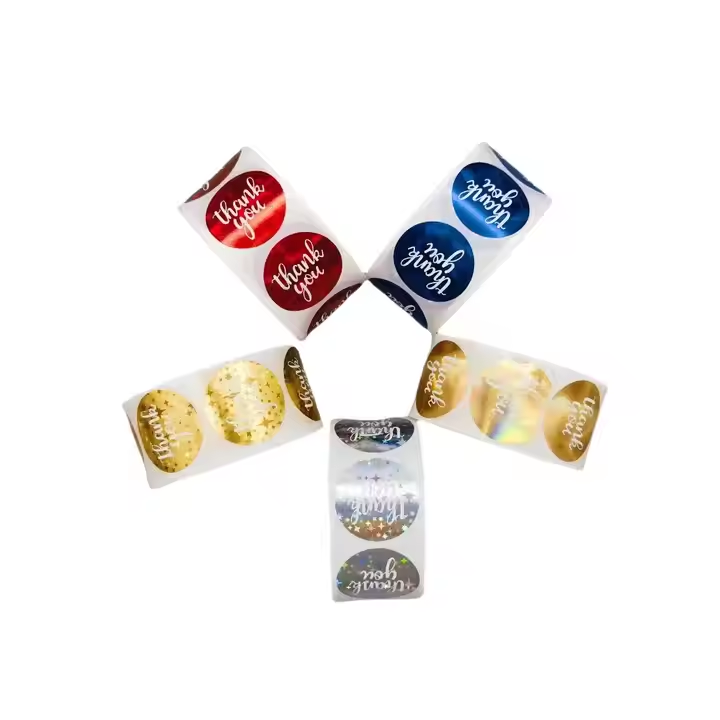
Facilitating Brand Expansion
When wholesalers expand their product lines or enter new markets, OEM/ODM custom labels can facilitate smoother brand extensions. For example, a wholesaler primarily dealing in sportswear may wish to branch into sports equipment. By customizing labels that carry over the style and philosophy of the sportswear brand, consumers can easily recognize these related products, aiding brand expansion.
Effectively Reducing Costs and Risks
Custom labels also help in cost reduction. Uniform production of custom labels can save expenses and streamline design and manufacturing processes. Compared to designing and producing labels independently, choosing OEM/ODM custom labels can save significant time and financial resources. Professional OEM/ODM label suppliers typically have established production processes and economies of scale, allowing them to offer high-quality labels at lower costs. Wholesalers do not need to invest in expensive printing equipment or hire specialized design and production staff, thereby lowering operational costs.
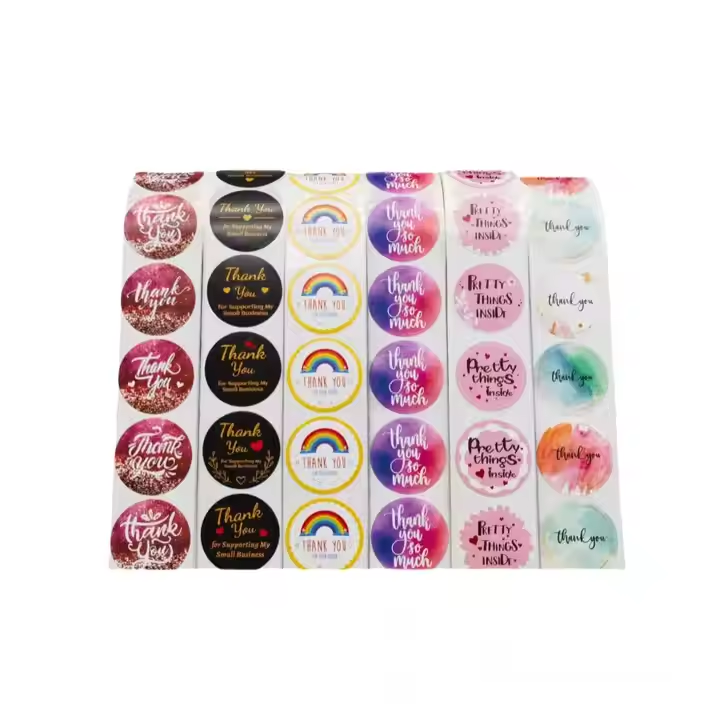
Risk Mitigation
During the label design and production process, various risks may arise, such as regulatory non-compliance or design infringement. OEM/ODM label suppliers usually possess extensive industry experience and expertise, helping wholesalers avoid these risks. For instance, in food labeling, suppliers can ensure that label content complies with food safety regulations, including nutrition labeling and allergen warnings, thus preventing wholesalers from facing legal liabilities and financial losses.
Improving Product Market Adaptability and Response Speed
Wholesalers also benefit from the ability to quickly respond to market changes. Market demand and trends are continuously evolving, necessitating timely adjustments to product labels. Label packaging must align with current trends and strategies based on market shifts. OEM/ODM custom label suppliers typically have efficient production processes and rapid response mechanisms, enabling quick modifications and production of labels. For example, when a fashion trend emerges, wholesalers can promptly communicate with suppliers to integrate that trend into product label designs, allowing products to stay in line with market trends and seize sales opportunities.
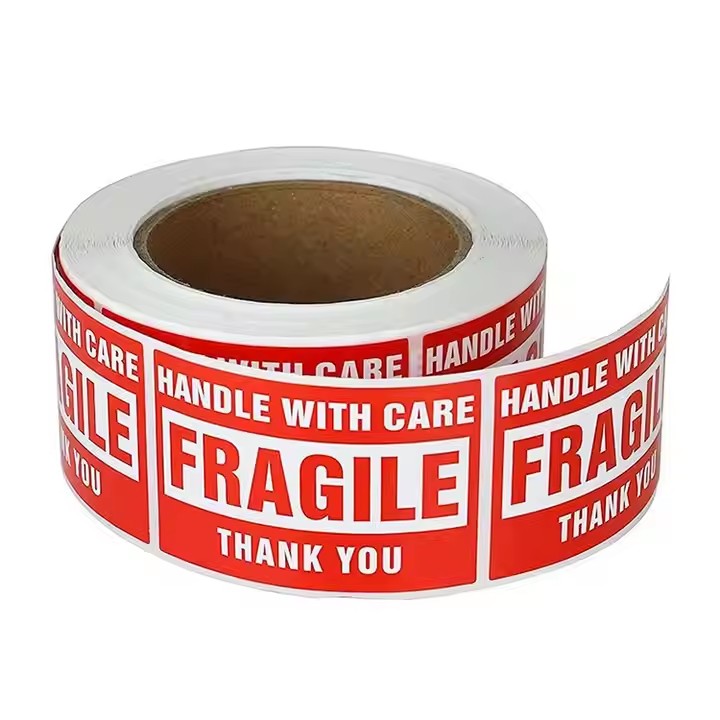
Adapting to Different Sales Channel Regulations
Different sales channels, such as e-commerce platforms, physical stores, and supermarkets, may have varying rules and requirements for product labels. OEM/ODM custom labels help wholesalers easily adapt to these regulations. For instance, e-commerce platforms may require clear product size information and after-sales contact details on labels, which wholesalers can customize to meet these requirements, ensuring smooth sales across all channels.

